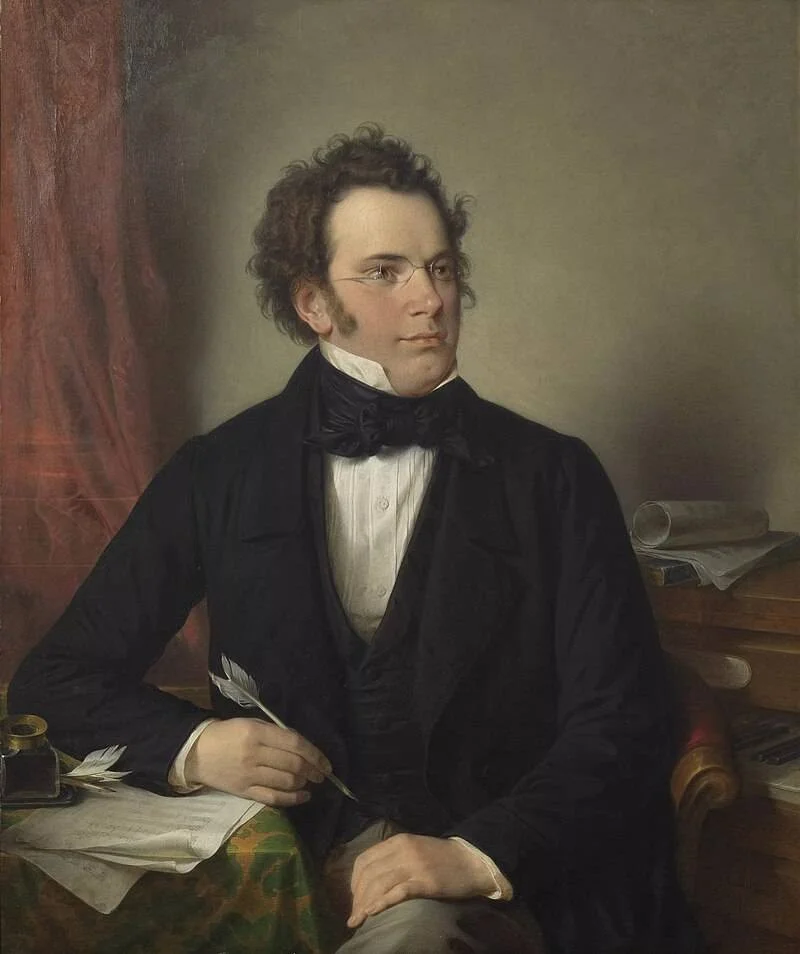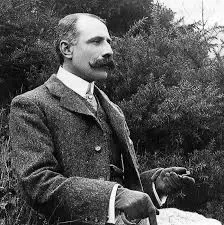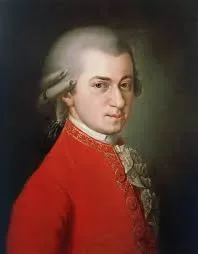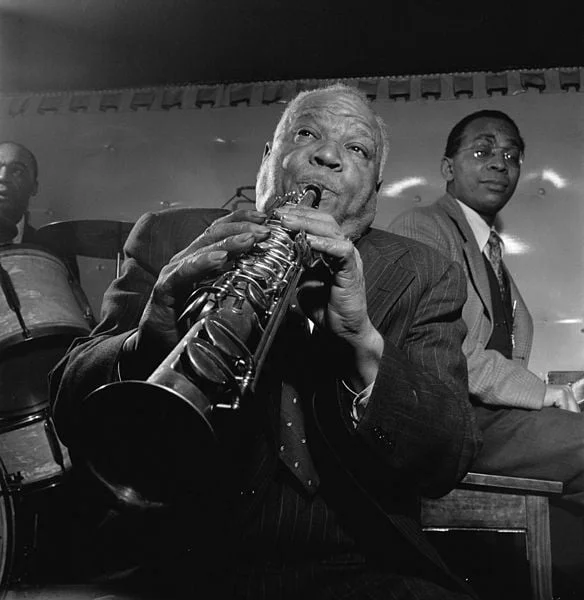Real Celebrities Never Die!
OR
Search For Past Celebrities Whose Birthday You Share

source: wikipedia.org
Franz Schubert
Birthday:
31 Jan, 1797
Date of Death:
19 Nov, 1828
Cause of death:
Typhoid fever
Nationality:
Austrian
Famous As:
Music composer
Age at the time of death:
31
Franz Schubert's Quote's
Early Life and Musical Talent
Franz Schubert, born on January 31, 1797, in Vienna, Austria, was a prolific composer who left an indelible mark on Western music. He came from a modest family; his father was a schoolmaster, and his mother was an amateur musician. From a young age, Schubert exhibited remarkable musical talent. He quickly learned to play the violin, piano, and organ under the guidance of his father and older brother. Schubert’s early experiences with music helped him develop a deep passion for composition. Singing in the court chapel choir, he met renowned composer Antonio Salieri, who became his mentor and helped refine his musical skills.
First Compositions and Influences
Schubert’s exposure to the works of Mozart and Haydn during his teenage years had a profound impact on his development as a composer. He began writing his first songs and instrumental pieces as a teenager. By 1813, at just 16, Schubert composed his first symphony. His love for opera also emerged during this time, and he produced several operas that reflected his admiration for classical composers.
Transition to a Musical Career
In 1813, after completing his schooling, Schubert briefly followed in his father’s footsteps by becoming a schoolteacher. However, he quickly realized his true passion lay in music. He left teaching to focus entirely on composition. Schubert’s talent for songwriting, particularly in the German lieder (art songs), became apparent. His compositions reflected themes of love, nature, death, and spirituality, showcasing his ability to convey deep emotions. In 1814, he created his first major masterpiece, “Gretchen am Spinnrade,” a song based on Goethe’s ‘Faust’, which became an instant success.
A Burst of Creativity
Between 1815 and 1816, Schubert composed over 140 songs, a remarkable achievement that demonstrated his extraordinary creative abilities. His music during this period spanned a wide range of emotions and subjects. However, despite his immense talent, Schubert struggled financially. His compositions were largely ignored by the public, and he received little recognition from critics. His lack of financial support forced him to rely on the generosity of friends to survive.
Struggles for Recognition
In the 1820s, Franz Schubert began to gain some recognition as more of his works were published. His music started to attract a following, and his circle of friends—many of whom were artists and intellectuals—supported his efforts. Despite this, widespread fame eluded him, and his health began to decline. Schubert suffered from syphilis, and his deteriorating health slowed his creative output during this time.
Personal Life and Relationships
Schubert’s personal life was marked by loneliness. He never married or had children, and his closest relationships were with his friends. He lacked a permanent home and moved frequently, often staying with friends who admired his work. These relationships provided the support he needed to continue composing. Schubert’s introspective nature and personal struggles with illness and isolation are often reflected in his music, especially in his later works.
Final Years and Masterpieces
Despite his declining health, Franz Schubert’s final years were his most productive. He composed some of his greatest masterpieces during this time, including the song cycle “Winterreise”, the “Unfinished Symphony”, the “Great Symphony in C Major”, and the “String Quintet in C Major”. These compositions are considered some of the most powerful and emotionally resonant works in the classical repertoire. Schubert’s ability to convey profound human emotion in his music made him one of the most important composers of his time.
Death and Legacy
Franz Schubert passed away on November 19, 1828, at the age of 31, from typhoid fever. Despite his relatively short life, Schubert composed over 600 songs, nine symphonies, and numerous chamber pieces, operas, and piano works. His music, largely unappreciated during his lifetime, gained recognition after his death. Today, Schubert is regarded as one of the greatest composers of all time. His innovative approach to melody, harmony, and form continues to inspire musicians and audiences worldwide.
Conclusion
Franz Schubert’s life was one of immense creativity and emotional depth, even in the face of personal hardship. Although he struggled for recognition during his lifetime, his music has left a lasting legacy. His contributions to the development of lieder and his profound influence on future composers make him a towering figure in the history of Western music. Schubert’s ability to capture the full range of human emotion in his music ensures his place among the greatest composers of all time.
Name:
Franz Schubert
Popular Name:
Franz Schubert
Gender:
Male
Cause of Death:
Typhoid fever
Spouse:
Place of Birth:
Himmelpfortgrund, Vienna, Austria
Place of Death:
Vienna, Austria
Occupation / Profession:
Personality Type
Mediator: Franz Schubert was individualistic, creative, and quirky. He was a curious soul who loved entertaining new ideas.
He wrote his first masterpiece at the age of 17 - a setting of Goethe’s Gretchen am Spinnrade.
Schubert was a big fan of Mozart’s music.
Schubert was spotted by famous composer Antonio Salieri when he was seven years old.
Schubert wrote more than 20,000 bars of music in the year 1815.
Composers like Mendelssohn, Schumann, Liszt, and Brahms championed his works after his death
He was known for blending of Classical form with Romantic expression
He was known for Innovative use of modulation and instrumentation.



